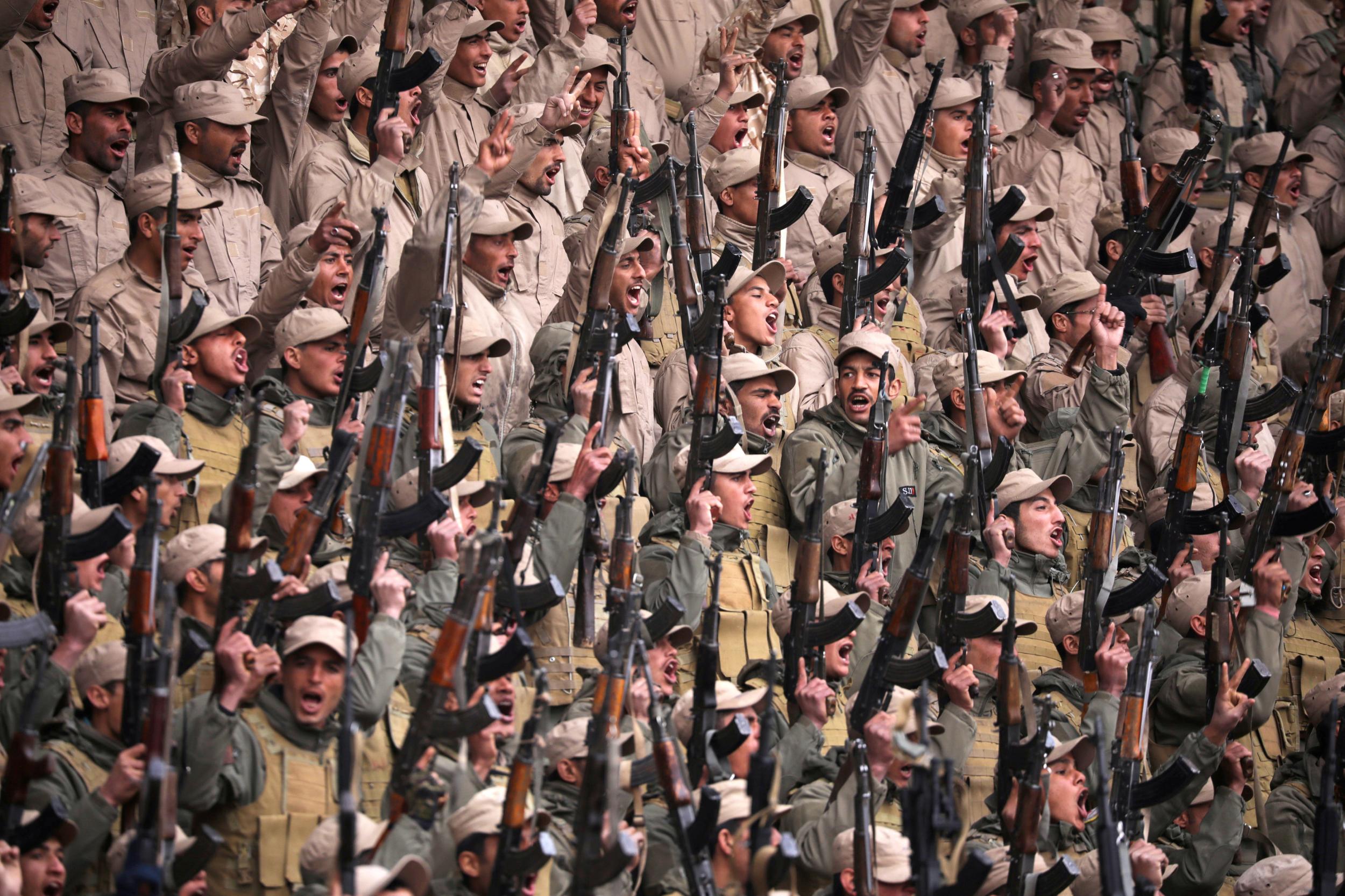Turkey-Kurdish conflict: British YPG volunteers head to front line as thousands flee Syrian war
Five days into Operation Olive Branch, designed to curb the ambitions of Syria’s Kurds in Afrin, the stakes are rising on both sides

Three British men, as part of a unit of international volunteers with the Kurdish YPG (People’s Protection Units), are travelling to the front line to defend Kurdish areas against advancing Turkish forces in northern Syria – the latest chapter in the complicated civil war.
Huang Lei, 24, from Manchester and two more unnamed UK nationals are among the group, which includes at least one German and one American.
“We’re all ready to go and fight in Afrin against the invading force of Turkey,” one fighter said in English, in a video released by the YPG on Wednesday.
“We’ve been training for a significant amount of time. We are prepared, and we have been supplied by the YPG to fight against the Turkish terrorists.”
Syria’s Kurds in the north of the country took advantage of the chaos in Syria, after the civil war broke out in 2011, to create a semi-autonomous state.
While its fighters have won the support of the West for being an effective ground force against Isis, Turkey views the YPG as an extension of Turkey’s Kurdish PKK movement – which it regards as a terrorist organisation.
Five days into the curiously named Operation Olive Branch, designed to curb the ambitions of the Kurdish enemy in Syria’s Afrin, the stakes are rising on both sides: fierce fighting has killed at least 27 civilians and dozens of soldiers on both sides.
At least 5,000 people are thought to have fled their homes in Afrin, a multi-ethnic area which has functioned as a safe haven for those fleeing Isis and other violence in the war to date.
The Turkish advance has been slow thanks to ferocious counter-attacks from the Kurds and bad weather, which has hindered air strikes, several sources said.
The YPG has managed to stall the Turkish and allied Syrian forces’s advance in the region, and were not in control of any of the area’s hundreds of villages, Syrian Democratic Forces (SDF) spokesperson Mustafa Bali told The Independent on Wednesday.
The YPG forms the backbone of the US-backed SDF coalition against Isis, which also includes Arab fighters.
While many foreign volunteers were inspired to travel to the country to join the Kurds fighting against extremists, the new battleground poses a thorny problem both for the international brigades and the security services in their home countries.
“It’s a headache,” said Macer Gifford, a British man who formerly volunteered with the YPG in the fight against Isis but who is now home in the UK.

“Afrin is different. It’s not fighting Isis anymore, it’s actually fighting a Nato ally and its proxies. That’s going to be a legal minefield for people coming back to the UK and the Crown Prosecution Service.”
Turkish President Recep Tayyip Erdogan remained bullish on Wednesday, saying in a speech in Ankara that his forces could extend their offensive as far east as Manbij – which could bring them into direct conflict with the US-backed SDF coalition.
“With the Olive Branch operation, we have once again thwarted the game of those sneaky forces whose interests in the region are different,” Mr Erdogan said in a speech to provincial leaders in Ankara.
“Starting in Manbij, we will continue to thwart their game.”
The rhetoric has worried many in the other Kurdish-administered zones of Syria, who fear Turkey seeks to crush their movement once and for all.
“If Turkey could control Afrin, then places like Manbij and north-east Syria will be the next step,” said Kamiron Sedoun, an NGO worker in Qamishli, the self-declared Kurdish capital.
US President Donald Trump is scheduled to raise concerns that the Turkish offensive will destabilise northern Syria, in a phone call with Mr Erdogan later on Wednesday.
US Secretary of State Rex Tillerson has publicly voiced similar worries.
But the lukewarm defence has done little to restrain Turkey so far, which is furious at the US’s continued military support for Kurdish troops. It has also failed to reassure the US’s Kurdish allies.
Syria’s Kurds and Turkish representatives were due to meet in peace talks in Sochi in Russia for the first time in the seven-year-old war next month.
That seem unlikely now, as Operation Olive Branch is widely believed to have had Moscow’s blessing.
Russia, an ally of Syrian President Bashar al-Assad, aims to draw Turkey away from Nato and position itself as a broker between the Turks, Kurds and Syrian regime.
Elsewhere in the country there has been an uptick in fighting over the last month between rebel forces and the Assad government in Ghouta, Hama and parts of Aleppo province.
The new developments illustrate both the complexity of this war and the impossibility of peace in the near future.
Join our commenting forum
Join thought-provoking conversations, follow other Independent readers and see their replies
Comments
Bookmark popover
Removed from bookmarks